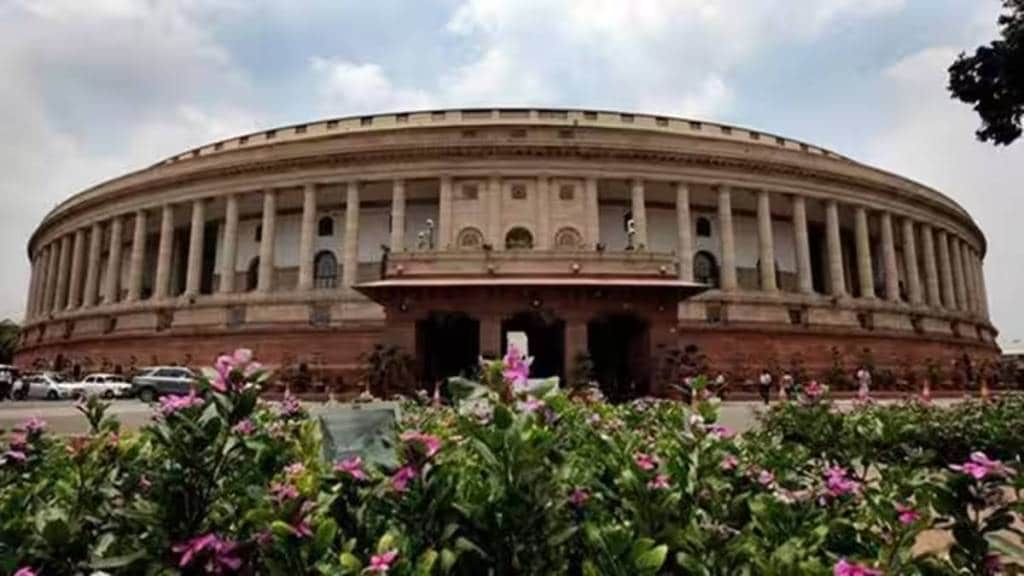The Lok Sabha passed the Jan Vishwas (Amendment of Provisions) Bill on Thursday, paving the way for the decriminalisation of hundreds of offences. In all, 42 Acts have been amended. Mukesh Jagota explains the key features of the Bill and how it will improve ease of doing business
Why Jan Vishwas Bill (JVB)
Jan Vishwas means confidence of the people or confidence in people. In essence, what is meant is the confidence of the people in the government and government in people. The Bill seeks to amend in one stroke 42 existing Acts administered by 19 ministries, related to various areas of business and human activities, to contemporarise the way offences are dealt with. In all, 183 provisions are being amended to decriminalise offences that are “minor, procedural and technical.” Some of the key Acts being amended are those pertaining to forests, drugs and cosmetics, food safety and money-laundering.
(Lack of) Ease of doing business
Over the recent years, to enhance ease of doing business, more than 39,000 compliance requirements have been reduced, and more than 3,400 legal provisions have been decriminalised. Also, 1,486 “obsolete Acts” have been scrapped and 76 more are to be repealed via a separate Bill passed by Lok Sabha on Thursday. This takes the total number of such laws off the statue book between 2014 and 2023 to 1,562. The JVB goes much further than what has been done so far and seeks to address the fear of heavy punishment and imprisonment in 42 laws dealing with the business world. According to an Observer Research Foundation report, among the 69,233 odd compliance provisions that regulate doing business in India, 26,134 provide for imprisonment.
An average Indian manufacturing enterprise with over 150 employees deals with 500-900 compliance obligations a year, with the annual “cost” of Rs 1.2-1.8 million for each.
How JVB eases compliance burden
The provisions of “imprisonment and fine” have been removed in case of 42 violations, imprisonment removed in 3 cases and fines in 10. In 69 sections, imprisonment and fine have been converted to penalty, imprisonment is converted to penalty in 2 cases and fine converted to penalty in 18 cases. Imprisonment removed but fine has been retained in 14 sections, imprisonment removed and fines enhanced in 18 and compounding has been introduced for 6 offences. Fine and penalty may sound the same, but in legal terms fines can be imposed by the courts on completion of prosecution that involves lengthy court procedure. Penalties do not involve court proceedings, and are imposed for non-compliance. So a change of fine to penalty reduces burden on both the businesses and courts.
Illustrative examples of change
Under the Agricultural Produce (Grading and Marking) Act, 1937, counterfeiting of grade designation marks is punishable with imprisonment for a term extending up to 3 years and a fine extending up to Rs 5,000.
The Bill proposes to replace this with a penalty of Rs 800,000. Under the Information Technology Act, there is a provision of 3-year jail term and/or Rs 500,000 fine for leaking personal information. It will now be converted into a fine of `2.5 million. Under the Patent Act, in place of a Rs 100,000 fine, a penalty of Rs 500,000 is proposed for selling a falsely represented article as patented in India.
Who will impose penalties
The Government of India may appoint one or more adjudicating officers for the purpose of determining penalties. The adjudicating officers may summon individuals for evidence and conduct inquiries into violations of the respective Acts. It also specifies the appellate mechanisms for persons, aggrieved by an order passed by an adjudicating officer/authority. To continue with the process of decriminalisation of minor offences, the government has set up a Working Group of industry associations, legal experts, and government functionaries.


